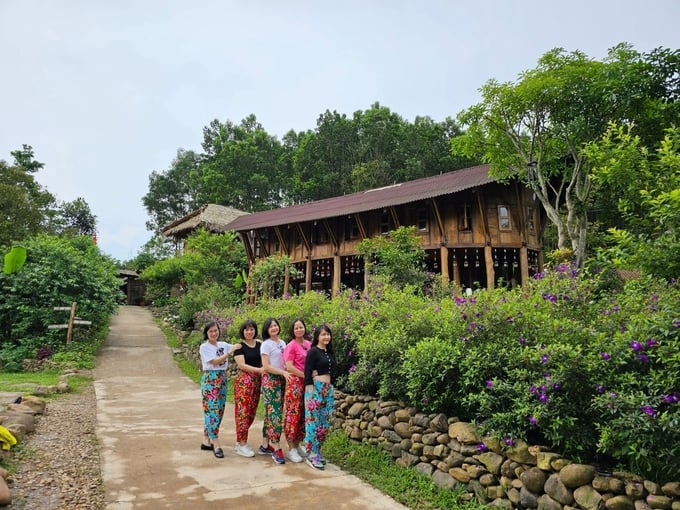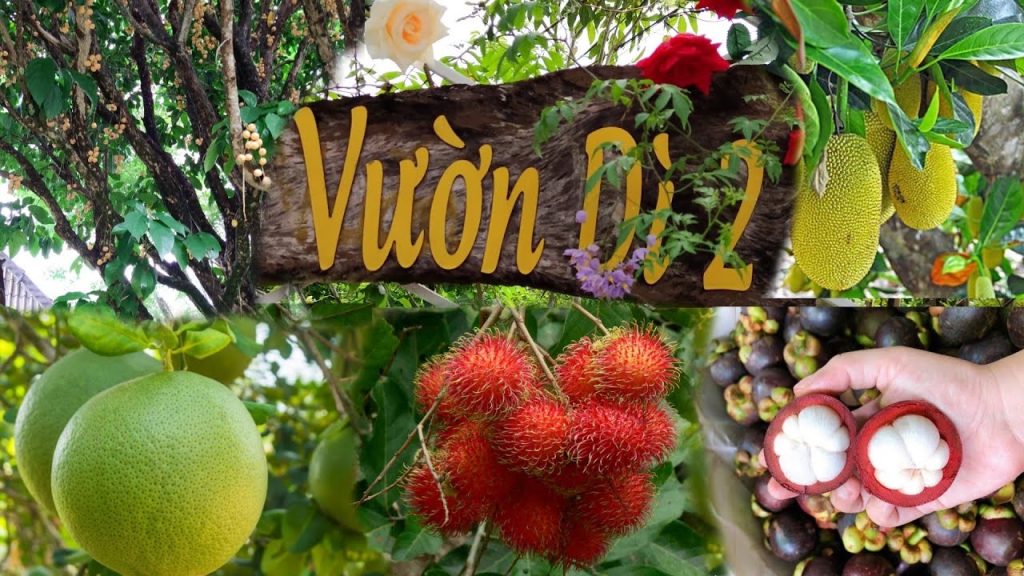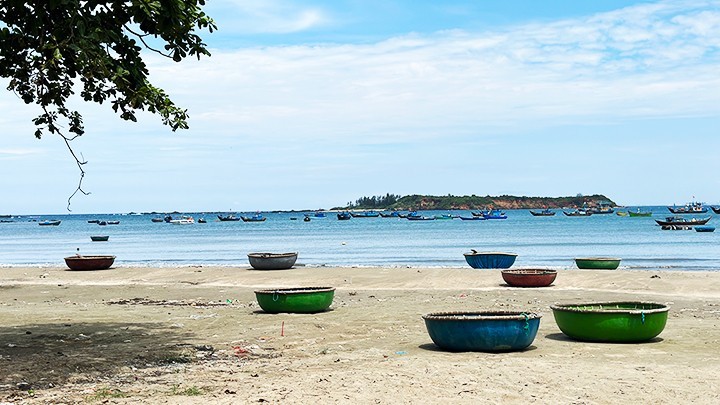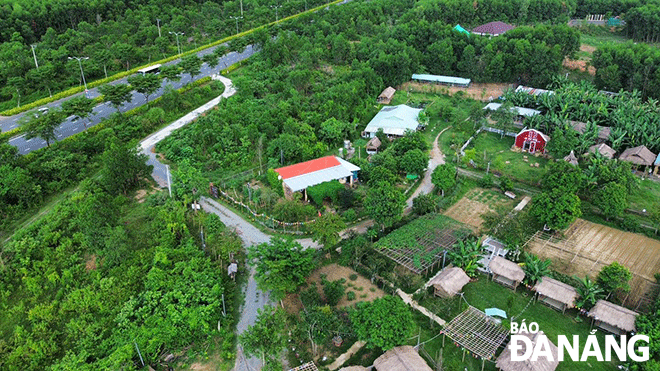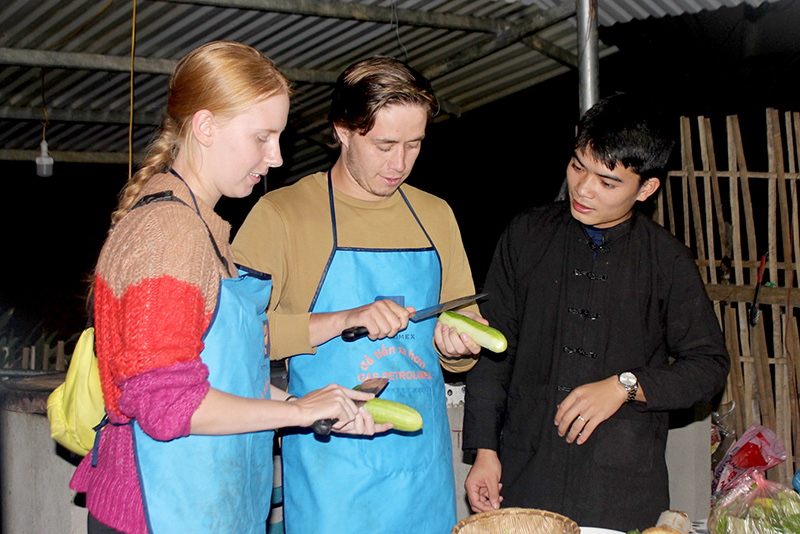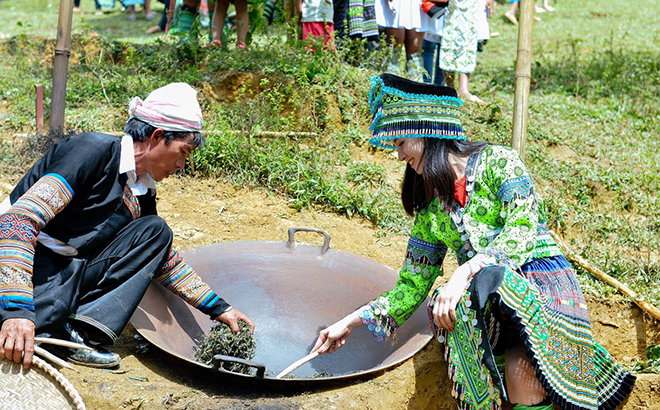(TITC) – From a small coastal village sustained by fishing and salt-making, Doc Let Fishing Village (Ninh Hai Commune, Khanh Hoa Province) has gradually emerged as a model for rural tourism. The transformation is closely tied to the New Rural Development Program and the promotion of OCOP products, showcasing how tradition and tourism can thrive together.
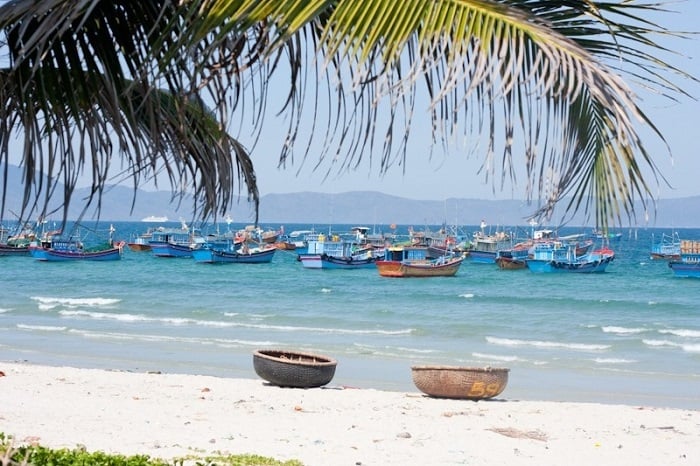
Preserving the Soul of the Fishing Village Amid Tourism Growth
Despite the influx of visitors, Doc Let retains its simple, authentic rhythm of life. At dawn, guests can join fishermen on basket boats to cast nets, haul in the catch, or help dry squid and herring on bamboo racks along the beach. By afternoon, the village comes alive with the sound of children’s laughter, the rhythmic weaving of fishing nets, and the fragrant aroma of fish grilling over charcoal. These scenes are not only treasured memories for locals but also vivid experiences that form the heart of rural tourism here.
Rural Tourism Model: “Homestay in the Coastal Village – Experience a Green Livelihood”
Launched in 2022 by a group of households, the homestay model – supported by local authorities – retains traditional architectural charm while upgrading essential amenities such as bathrooms, clean water systems, and electrical safety.
Visitors can join night squid fishing trips or early-morning net hauls, learn the art of making traditional anchovy fish sauce (a local 3-star OCOP product), and cook local dishes such as mai fish salad, grilled chili-salted fish, and seaweed soup. Cultural exchanges at sea feature ho khoan folk songs, maritime storytelling, and cheo ba trao dances.
Within its first year, the program welcomed over 2,000 domestic and international tourists. Each participating household has increased its monthly income by 5–7 million VND while preserving traditional livelihoods. The model is now proposed for replication across Khanh Hoa Province from 2025 to 2030.
From Agriculture to Tourism – Local Products at the Forefront
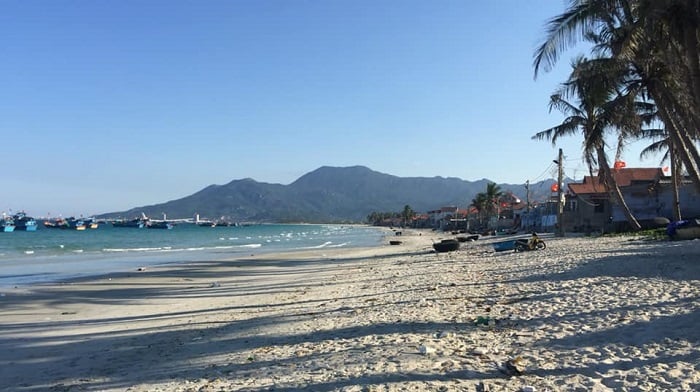
Doc Let is known for producing herbal salt and pure anchovy fish sauce, both certified as 3-star OCOP products at the provincial level. Nearby traditional salt-making villages like Hon Khoi have joined forces with Doc Let to create the “From Salt Fields to Dining Table” tour, offering visitors an immersive look into the value of local labor and products.
Hands-on classes hosted in villagers’ courtyards allow guests to pound salt, identify anchovy varieties for premium fish sauce, and bottle their own sauce as souvenirs. This integration of tourism, OCOP products, and traditional crafts offers a sustainable pathway that boosts household incomes while elevating the cultural and economic value of local agriculture.
Strengthening Links – Building a Community Tourism Value Chain
Doc Let’s tourism success stems from close cooperation between local authorities, residents, and businesses. The government oversees tourism space planning, skills training, and environmental and food safety standards. Tourism service cooperatives act as intermediaries, connecting homestay hosts with providers of food, tour guiding, and other services, forming a complete supply chain.
Travel agencies bring guests to Doc Let through themed tours such as “A Day as a Fisherman”, “Culinary Village Cuisine”, and “Salt Village to Fish Sauce Journey”. This well-coordinated network is guiding Doc Let’s rural tourism toward a sustainable, culturally rich, and mutually beneficial future.
Tourism Information Technology Center

